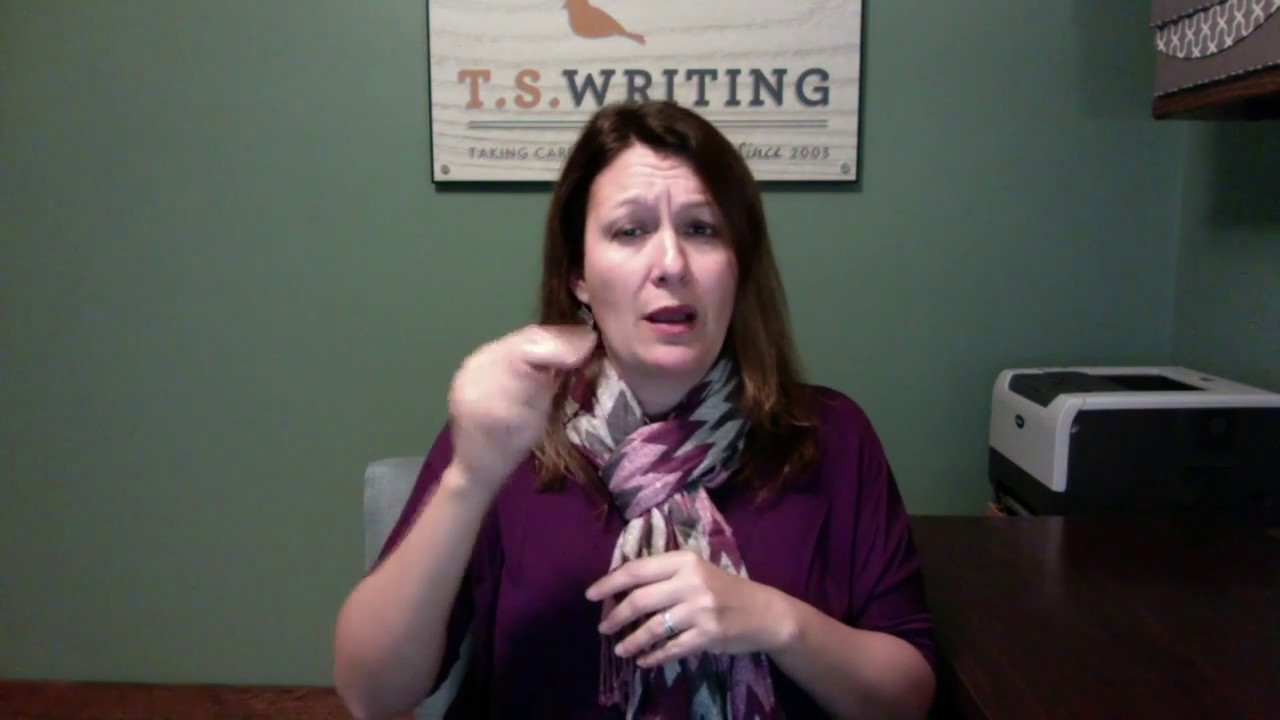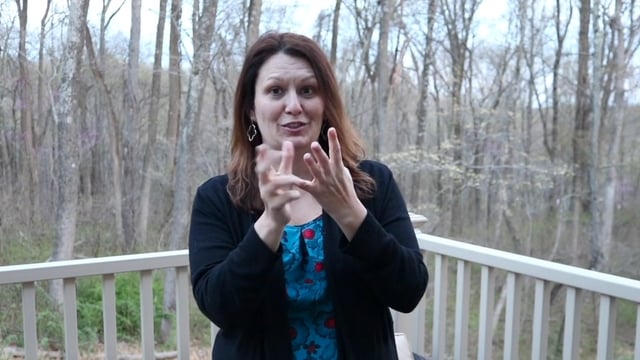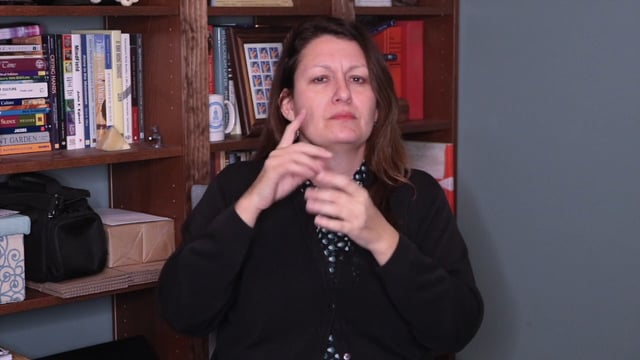This article originally appeared in American Society for Deaf Children’s The Endeavor, Fall 2010.
I saw a post on Facebook recently that made me pause. A friend wrote that she had told her two-year-old son, “Mommy’s ears are broken, cannot hear…can’t hear, I use my hands to talk.” Her son then looked inside her ears to “see” what was wrong.
As the parent of three Deaf children under the age of two, I thought this was a cute anecdote. I also liked how she said, “I use my hands to talk.” But what made me pause was the mention of “broken.”
Let me go off in another, but relevant, direction. In recent issues of Reader’s Digest, which I have read faithfully since I was yea high, there were letters from parents of deaf children who proudly proclaimed that their children never let being deaf stop them. While I understood where the parents were coming from, I thought to myself, “Why in the world would they think in that framework?”
To me, being deaf is just like being a female. While it might not fit the greater society’s preconceived notions of what perfect is (read: white, hearing, male) here in America or elsewhere, being deaf is not an issue in my family, just like being female or being a southpaw is not an issue.
Besides, my friend’s Facebook post made me think: if we tell people – especially our children – that our ears are broken, what message are we sending? What are we implying when we say, “My children haven’t let anything stop them from being normal?” To me, being deaf is normal. When we tell a child that a deaf person’s ears are broken, especially since a child thinks in very basic paradigms, we instill early in that child’s life that a deaf person needs to be repaired, isn’t whole, and, yes, is “broken.” This creates a negative perception, however subconsciously.
Perhaps a bit of family history will explain why being deaf is normal to me. My Deaf father grew up at a Deaf school and came from a hearing family with a hearing sister and a Deaf brother. My Deaf mother is from a hearing family and didn’t learn sign language until she was 17; she is equally fluent in American Sign Language (ASL) and spoken/written English. I grew up in a mainstream setting except for a year at a residential school. My husband is third-generation Deaf, and attended Deaf schools all of his life. His Deaf parents went to public schools without support services. My three children are Deaf and attend a Deaf school.
I obviously have a diverse family in terms of communication preferences and educational backgrounds. Yet in my family, “Deaf” is the norm. Being Deaf is never a topic of anguish or even discussion. Rather, our conversations are of far less drama: world happenings, people who irritate us, whether the dog has been fed or not, and whose turn it is to load the dishwasher. Never are our conversations stilted because of communication challenges. We happily live life as an ordinary family.
If we think that being Deaf can prevent accomplishments, or that our ears are “broken,” then we are certainly going to instill those ideas in the people around us and in future generations. But if we reframe our thoughts from “brokenness” to wholeness, imagine how we can change perceptions, little by little.
What do I say, then, when my children ask the inevitable question: “Why don’t people sign?” My younger two are still not quite at the ages of asking this, but my oldest asked this when she had just turned two. Fortunately, I was prepared. I said casually, “Ah, they haven’t learned yet. Maybe you can teach them someday.”
Copyrighted material. This article cannot be copied, reproduced, or redistributed without the express written consent of the author.




